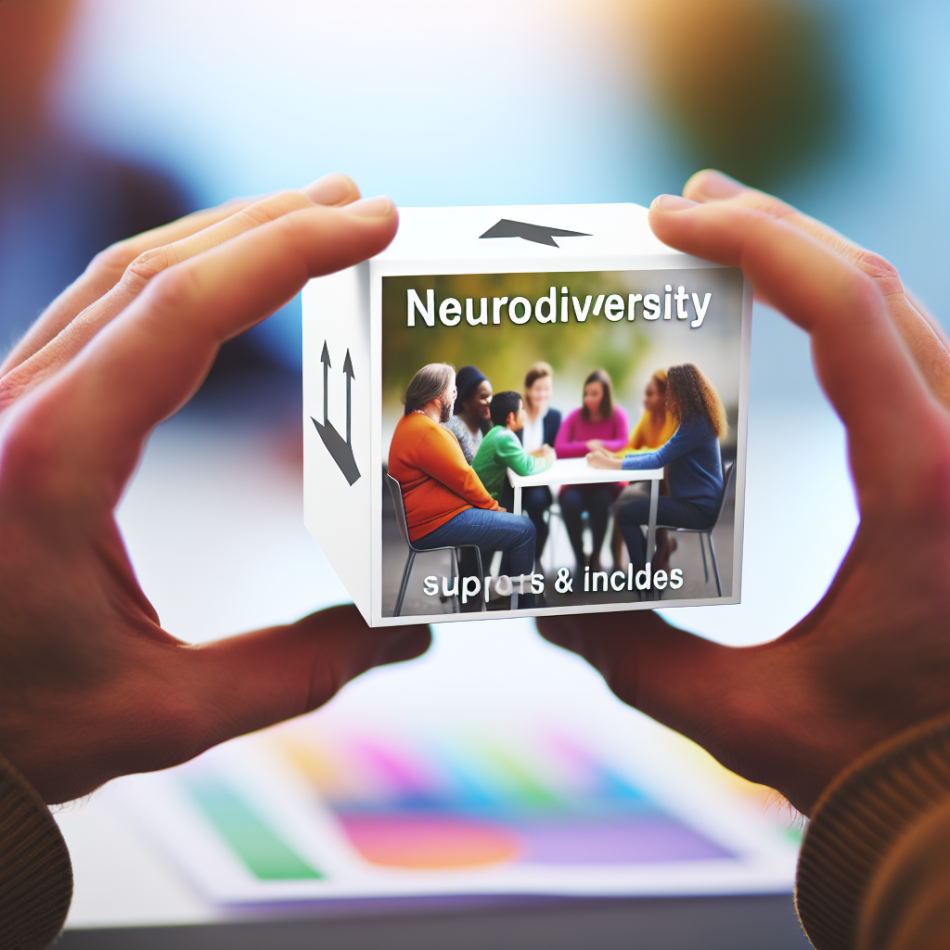In recent years, the conversation around neurodiversity has rightly shifted toward celebrating the unique strengths of neurodivergent individuals. Yet, while recognising these talents is vital, it’s equally important to normalise the tools and practices that enable sustainable thriving: tailored support, intentional rest, and recovery. This article explores why balancing empowerment with accessibility isn’t just compassionate—it’s essential for fostering truly inclusive environments.
The Dual Narrative of Neurodiversity
Neurodivergent individuals—those with ADHD, autism, dyslexia, and other neurotypes—often possess extraordinary abilities, from hyperfocus to innovative problem-solving. However, framing neurodiversity solely through a lens of “superpowers” risks overshadowing the very real challenges many face. Sensory overload, executive dysfunction, and social exhaustion are not failures but natural responses to environments ill-equipped for diverse needs. Acknowledging both strengths and struggles creates space for holistic support.
The Necessity of Tailored Support Systems
Generic solutions rarely work for neurodivergent experiences. Effective support requires personalisation:
- Sensory accommodations: Noise-cancelling headphones, adjustable lighting, or quiet spaces can mitigate sensory overwhelm.
- Flexible structures: Dynamic deadlines or task variety accommodate fluctuating energy levels and focus.
- Communication adjustments: Clear, literal instructions and written summaries help those who process information differently.
These tools aren’t crutches—they’re bridges to equity, enabling individuals to contribute without burnout.
Rest as a Radical Act
Neurodivergent people often face pressure to conform to neurotypical standards of productivity, which can lead to chronic stress. Rest isn’t laziness; it’s a biological imperative. Yet, societal stigma around “down time” persists. Normalising rest means:
- Valuing quality over quantity in work output.
- Encouraging boundaries without guilt (e.g., “I need a screen break”).
- Recognising that recovery periods enhance long-term creativity and resilience.
For those with spoons already stretched thin, prioritising rest is an act of self-advocacy.
Building Inclusive Communities
Support shouldn’t fall solely on neurodivergent individuals to self-accommodate. Communities—whether workplaces, schools, or social circles—must actively cultivate inclusivity:
- Education: Training peers on neurodiversity reduces misconceptions and fosters empathy.
- Shared responsibility: Normalise asking, “What do you need?” rather than assuming capability.
- Advocacy partnerships: Allyship involves amplifying neurodivergent voices in policy-making.
Inclusive cultures don’t just benefit neurodivergent members—they create psychologically safer spaces for everyone.
Moving Beyond Awareness to Action
Awareness campaigns have their place, but tangible change requires commitment. Organisations can:
- Audit physical and cultural environments for accessibility barriers.
- Offer subsidised therapy, coaching, or assistive technologies.
- Implement “restorative breaks” as part of standard schedules.
Individuals, too, can advocate for their needs without apology, reframing support as a right, not a privilege.
Celebrating neurodivergent strengths is crucial, but it’s only half the story. True inclusion demands that we equally normalise support mechanisms, rest, and recovery—not as concessions, but as foundational elements of respect. By fostering environments where both brilliance and vulnerability are honoured, we move closer to a world where neurodivergent individuals don’t just survive, but thrive.
